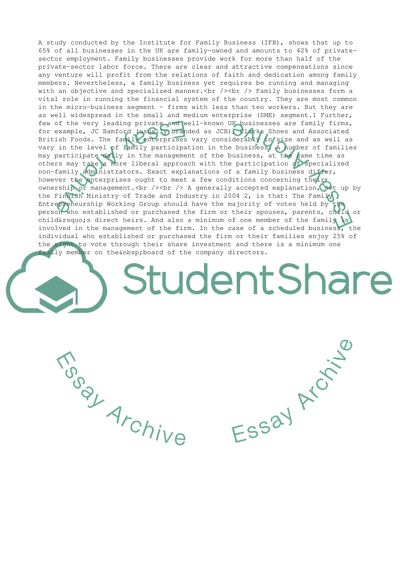Cite this document
(Management Issues for the Family-Run Business Case Study, n.d.)
Management Issues for the Family-Run Business Case Study. Retrieved from https://studentshare.org/business/1554882-management-issues-for-the-family-run-business
Management Issues for the Family-Run Business Case Study. Retrieved from https://studentshare.org/business/1554882-management-issues-for-the-family-run-business
(Management Issues for the Family-Run Business Case Study)
Management Issues for the Family-Run Business Case Study. https://studentshare.org/business/1554882-management-issues-for-the-family-run-business.
Management Issues for the Family-Run Business Case Study. https://studentshare.org/business/1554882-management-issues-for-the-family-run-business.
“Management Issues for the Family-Run Business Case Study”. https://studentshare.org/business/1554882-management-issues-for-the-family-run-business.


